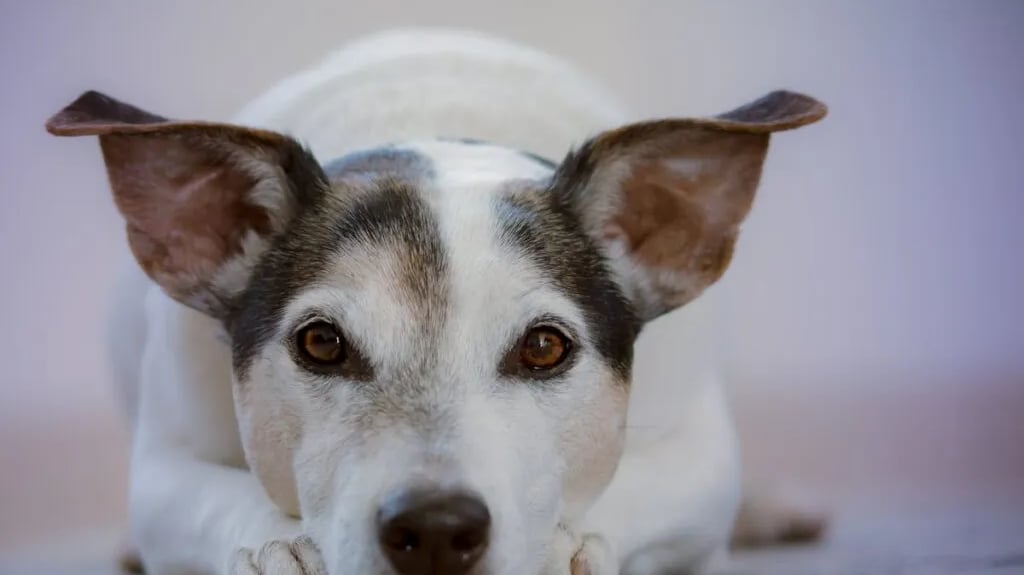Guaranteed Comfort and Complete Care for Your Pet.

Reasons Dogs Shouldn't Eat Chocolate


Chocolate might be a delightful treat for humans, but it poses serious health risks to dogs. Theobromine, a compound found in chocolate, is toxic to dogs and can cause severe reactions. This makes understanding the reasons dogs shouldn’t eat chocolate important for every pet owner. Protecting your furry friend starts with avoiding foods that can harm them. If your dog accidentally consumes chocolate, immediate action is essential. Contacting a trusted vet clinic Dubai pet owners recommend ensures your dog gets the proper care and attention needed in such situations. Awareness and quick response can make all the difference!
Why Chocolate is Toxic to Dogs?
Chocolate is dangerous for dogs because it contains two harmful substances: theobromine alkaloid and caffeine. One of the reasons dogs shouldn't eat chocolate is that these compounds act as stimulants that dogs cannot process efficiently. While humans digest them without issues, a dog’s system works much slower, leading to a toxic build-up. This build-up can result in severe health problems, including restlessness, increased heart rate, or worse.
Chocolate contains theobromine, which is toxic to dogs and difficult for them to process.
The risk increases with the type of chocolate. Dark chocolate and baking chocolate contain significantly higher levels of theobromine compared to milk chocolate. Even white chocolate, despite its lower theobromine content, isn’t safe. It contains high amounts of fat and sugar, which can upset a dog’s digestive system or lead to further complications. Each type of chocolate poses its own risks, making it important to keep all chocolate products far from dogs. Understanding this toxicity helps prevent accidents and ensures pets stay healthy and safe in their environment. If you suspect chocolate poisoning, diagnostic a pet ultrasound can help detect underlying issues caused by ingestion.
What Happens When a Dog Eats Chocolate?
When a dog eats chocolate, the effects can vary based on the amount consumed and the size of the dog. Smaller dogs face higher risks even with small amounts, while larger dogs may take longer to show symptoms. Signs of chocolate poisoning can appear within a few hours or take longer, depending on the type and quantity of chocolate eaten. Common symptoms to watch for include:
Vomiting
Diarrhea
Restlessness or hyperactivity
Rapid breathing or panting
Increased heart rate
Muscle tremors or seizures
In more severe cases, chocolate poisoning can result in heart failure, coma, or even death. Acting quickly is very important if you suspect your dog has eaten chocolate. Contact your vet immediately for guidance. Early treatment can prevent further complications and give your pet the best chance of recovery. Always keep chocolate and similar foods out of reach to avoid such emergencies.


The reasons dogs shouldn't eat chocolate include severe health risks like seizures or even death.
Why Prevention is Key?
Prevention is the best way to ensure your dog stays safe from chocolate poisoning. Dogs are naturally curious and often attracted to sweet-smelling foods, including chocolate, so take preventive measures to avoid accidents. Here are simple yet effective tips to protect your dog:
Store chocolate securely: Keep chocolate in high cabinets or secure containers where your dog cannot reach.
Clean up promptly: Avoid leaving chocolate on tables, counters, or other surfaces accessible to your dog.
Teach safe habits: Train your dog not to eat items off the ground during walks or at home.
Educate others: Inform family members, guests, and children about the dangers of feeding chocolate to dogs.
Use pet-friendly alternatives: Offer safe treats to satisfy your dog’s cravings.
These proactive steps help minimize risks and prevent emergencies. A little caution goes a long way in protecting your pet’s health and ensuring their safety around the house.
Alternatives to Chocolate for Dogs
Dogs enjoy treats, but it’s wise to choose options that are safe for them. Chocolate should never be on the menu, but there are plenty of healthier alternatives. Some great options include:
Peanut butter (make sure it doesn’t contain xylitol)
Carrot sticks
Apple slices (remove the seeds, as they are toxic to dogs)
Store-bought dog treats
These choices satisfy your dog’s cravings without risking their health. Always read labels carefully to avoid harmful ingredients. If your dog ever accidentally consumes something unsafe, diagnostic tools like a pet x ray can help vets assess any internal issues. Keeping your dog happy and healthy starts with choosing safe and delicious treats.
When to Seek Emergency Help
If your dog eats chocolate and shows severe symptoms like seizures or rapid heart rate, contact an emergency vet Dubai provides immediately. Time is crucial in these situations. Bring the packaging of the chocolate if possible so the vet knows exactly what your dog consumed. Delaying treatment can worsen the outcome. Acting fast gives your dog the best chance of recovery.
Common Myths About Dogs and Chocolate
Many people believe small amounts of chocolate are harmless. This is false. Even small amounts can cause harm, as we've said earlier, especially for small d


Smaller dogs are at a higher risk of chocolate poisoning due to their size.
Understanding the Reasons Dogs Shouldn't Eat Chocolate Matters
Understanding the reasons dogs shouldn't eat chocolate is essential for every pet owner. Chocolate contains harmful substances like theobromine and caffeine, which can lead to severe health issues for dogs, including vomiting, seizures, or worse. Prevention is the best way to keep your dog safe. Always store chocolate securely, educate others, and offer safe alternatives like carrot sticks or peanut butter. If you suspect your dog has eaten chocolate, act quickly and consult a veterinarian. Quick action can make all the difference in ensuring your dog’s health and safety. Prioritizing your pet’s well-being by avoiding chocolate is one of the simplest ways to keep them happy and healthy!

